In particular, the communes in the eastern region of Dong Thap province (formerly Tien Giang province) have great advantages to connect economy and culture through heritage conservation, tourism development and cultural industry to create sustainable values from local identity.
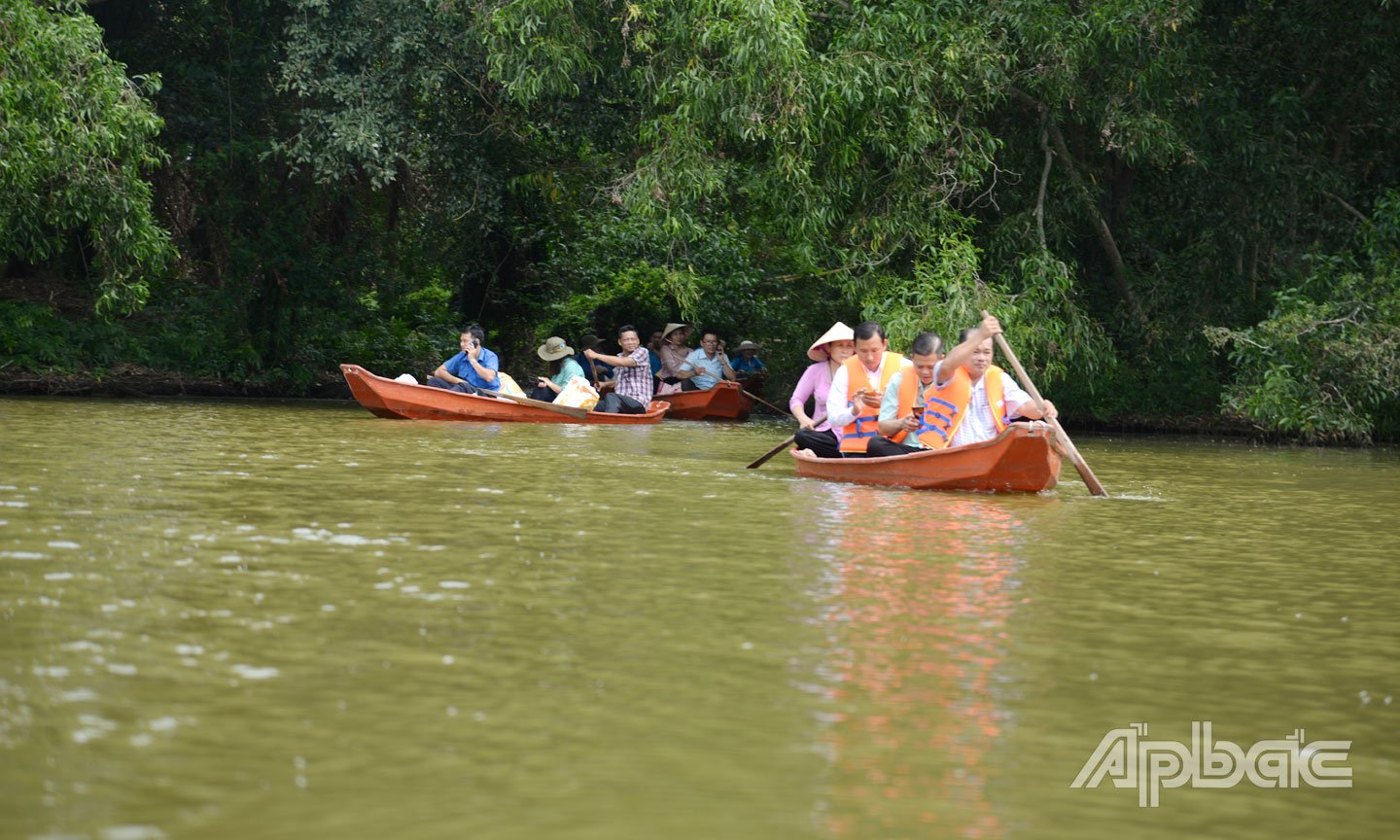 |
| Tourism in Dong Thap province is quite diverse and rich (in photo: Tourists visit Dong Thap Muoi Ecological Reserve, Tan Phuoc 2 commune). |
Dong Thap province currently possesses a rich tourism ecosystem, from Thoi Son islet, Cai Be floating market, Dong Hoa Hiep ancient village, to the system of fruit gardens and river gardens. The province has achieved results in focusing on promoting community tourism based on the foundation of heritage conservation including types of relics, arts, traditional crafts, thereby preserving cultural identity associated with the ecological environment. However, without a strong shift to cultural industry and digitalization, it will be difficult to compete in the long term.
The figure of 1.65 million visitors in 2024 and more than 1,250 billion VND in revenue (only in the former Tien Giang province) is just the beginning. According to Dr. Duong Duc Minh - Deputy Director of the Ho Chi Minh City Institute for Economic and Tourism Development Research, the province needs to reposition itself not only as a destination, but also as a center for coordinating river tourism in the Mekong Delta connectivity network.
The story of cultural development in Tien Giang province in the past cannot be separated from heritage, Dr. Mai My Duyen, lecturer at Tra Vinh University said: “Intangible cultural heritage is not only the crystallization of community wisdom, but also the connecting thread between generations. Heritage preservation is not only cultural preservation, but also the foundation for creative economic development. The province has more than 1,250 folk songs, 1,000 riddles, 900 proverbs and hundreds of rhymes and stories being stored - a huge treasure that has not been transformed into cultural tourism products of the right level.
In addition, folk performing arts such as Don ca tai tu, hat boi... are typical local cultural resources but are facing the risk of being lost if there is no coordination between conservation and creation.
In addition, Associate Professor, Dr. Huynh Quoc Thang, lecturer at the University of Sciences and Humanities, Ho Chi Minh National University, said that it is necessary to build a heritage tourism strategy associated with cultural industry to create unique products, apply digital technology and expand the local cultural and economic space.
A major challenge currently emphasized by experts is that current tourism products mainly stop at the level of sightseeing and enjoyment, lacking in depth of experience, conservation work is still passive, lacking funding and resources, and lacking specialized human resources.
According to Dr. Mai My Duyen, there should be solutions to raise community awareness, incorporate local cultural heritage into educational programs, organize practical classes such as: Teaching costume singing, teaching amateur music, organizing festivals... In addition, the role of "harmonious coordination between the State - community - researchers - cultural enterprises so that heritage is not "framed" in museums, but must be "lived" in contemporary space.
Dong Thap province’s tourism in the future is moving towards a development model that combines eco-tourism, heritage tourism and cultural industry. The implementation of a pilot model such as “Community tourism combined with amateur singing in Thoi Son ward” has opened up many prospects, but still needs to be expanded and perfected from institutions to technology and human resource training.
According to Associate Professor, Dr. Huynh Quoc Thang, the Heritage Tourism - Cultural Industry Strategy must be associated with innovation, digital transformation and technology application from products to communication, data coordination, tourist management and resource control.
The difference comes from cultural depth, identity and experience. Economic and cultural development are no longer two parallel fields, but have become two sides of an integrated strategy. The province needs to promote its role as regional coordinator, connecting heritage with creativity and technology, turning culture into an economic driver; at the same time, preserving the depth of local identity.
C.WIN
Source: https://baoapbac.vn/van-hoa-nghe-thuat/202507/dong-thap-du-lich-dong-luc-moi-cho-phat-trien-kinh-te-va-van-hoa-1046619/



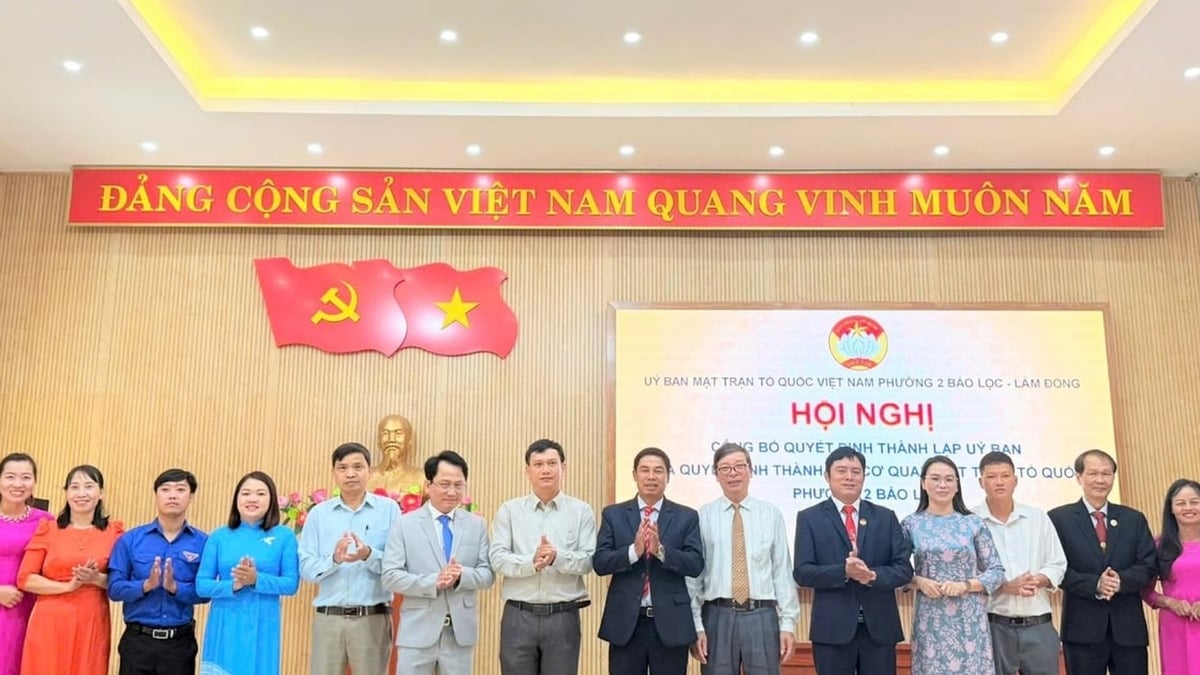

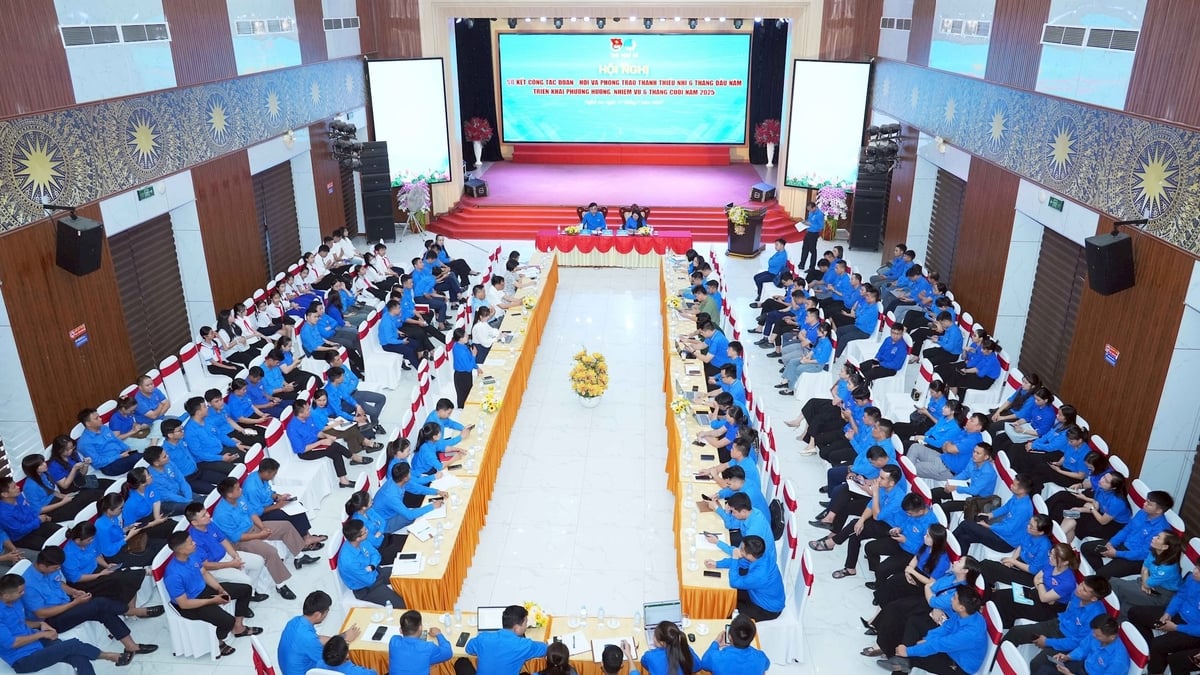
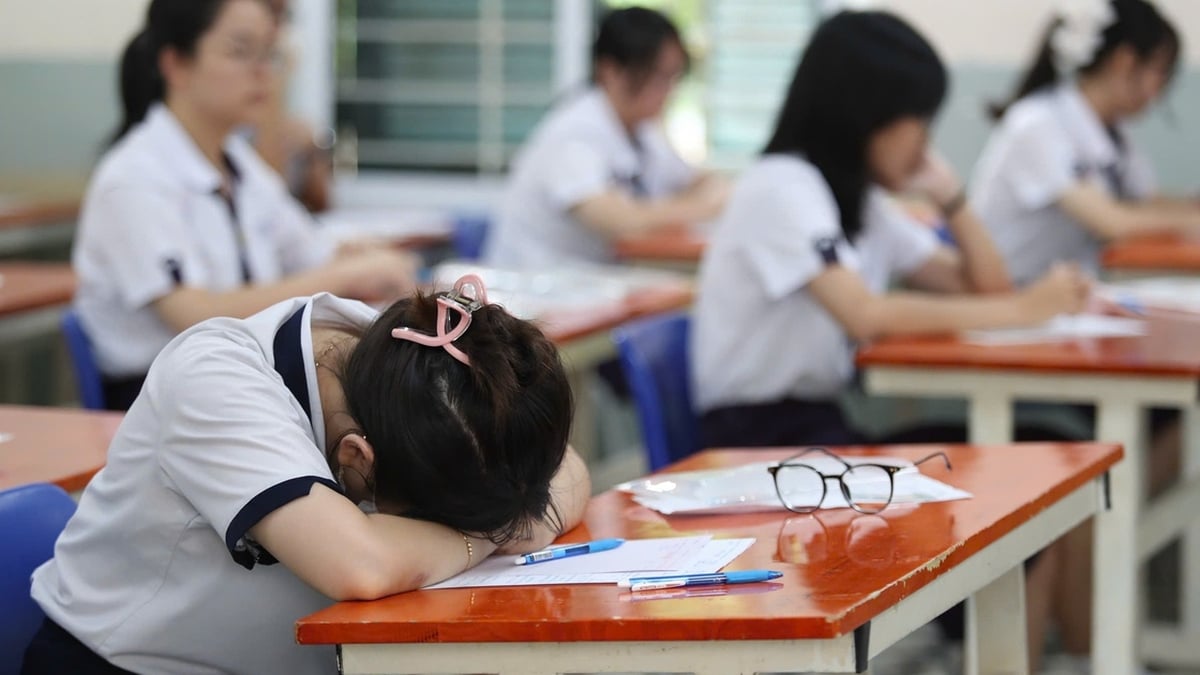
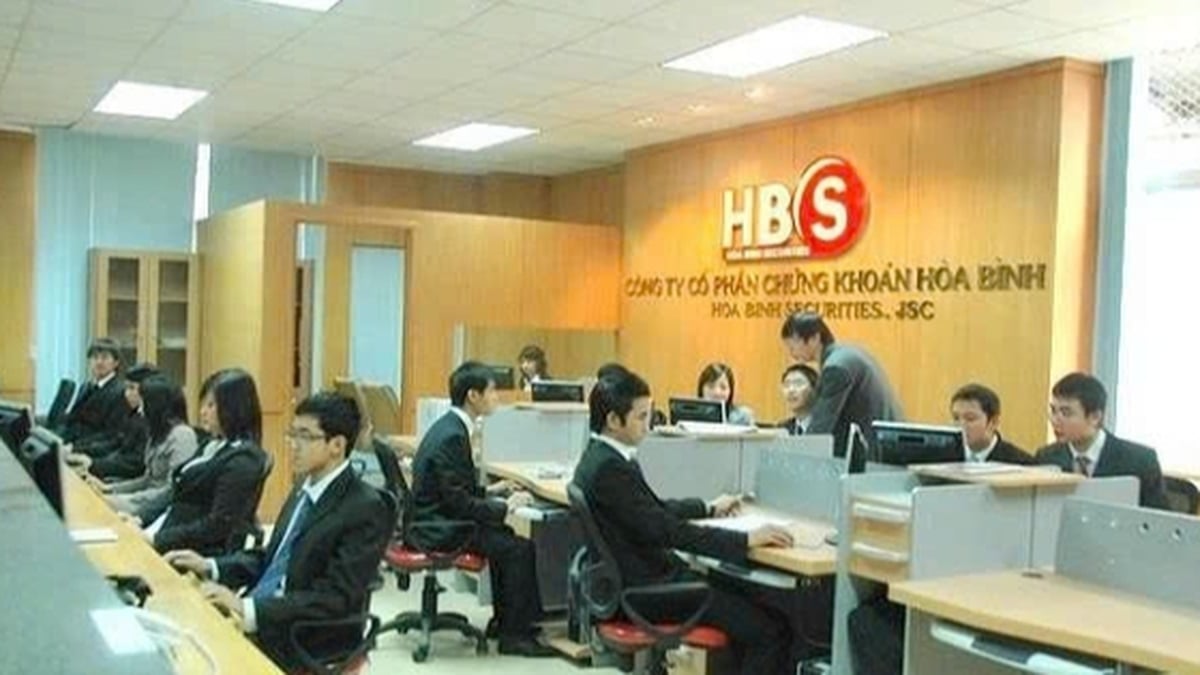
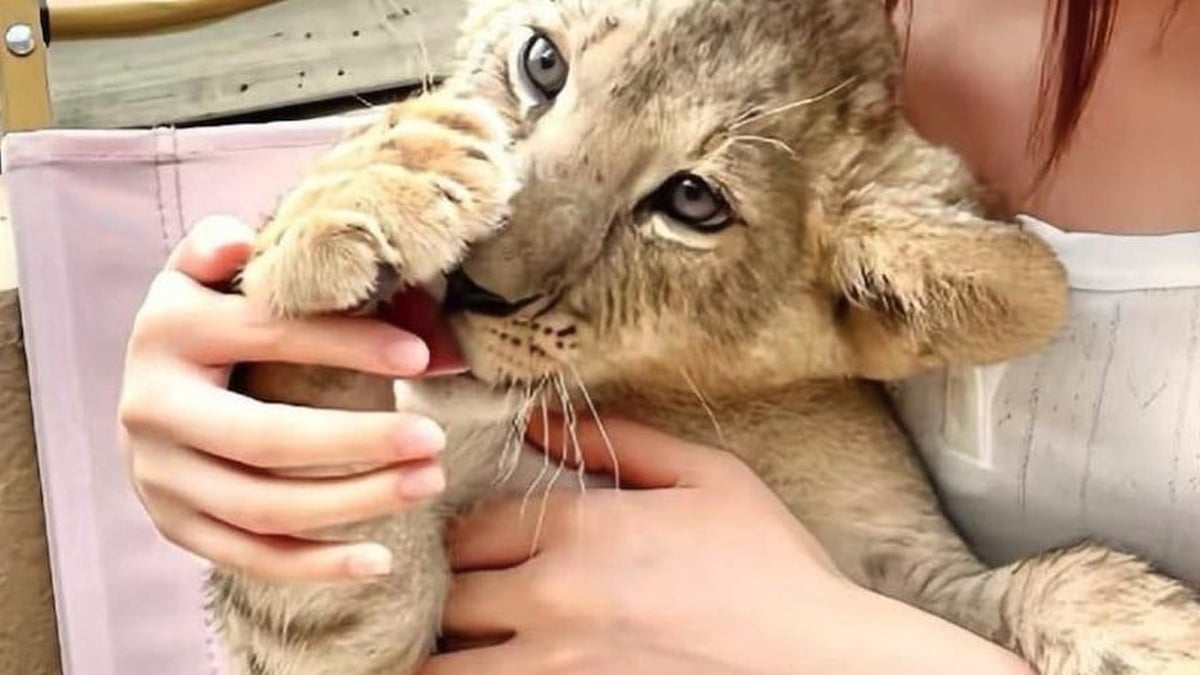

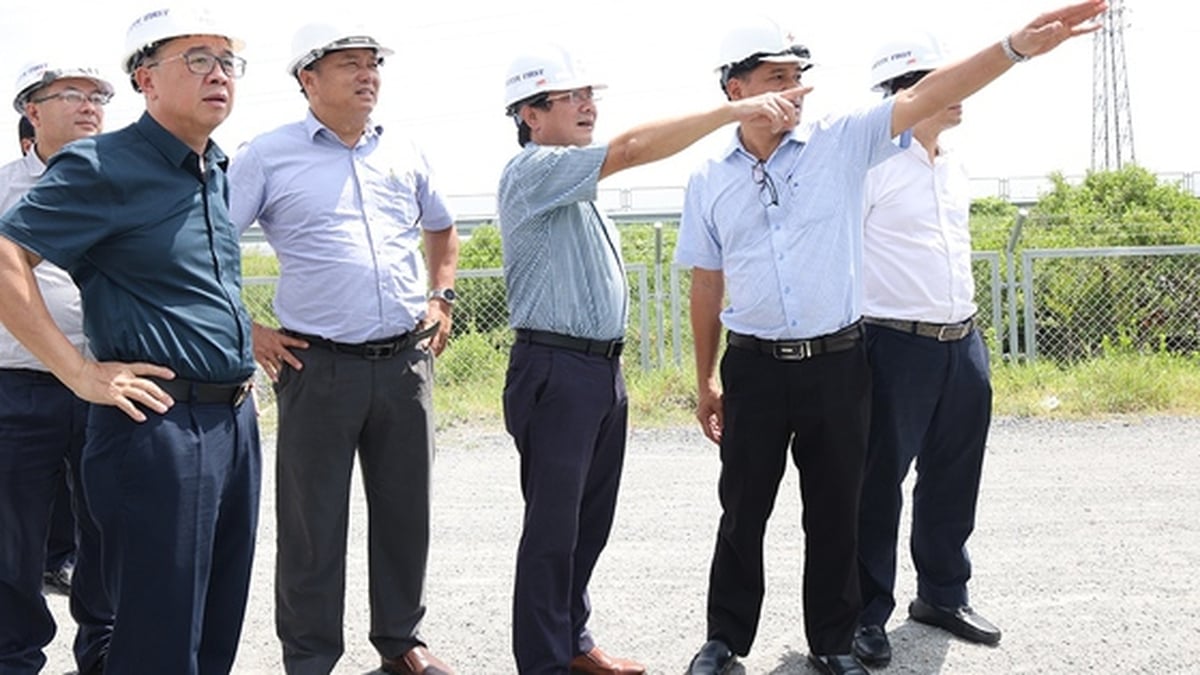







































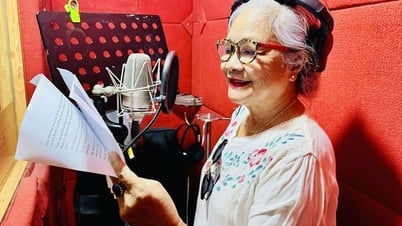

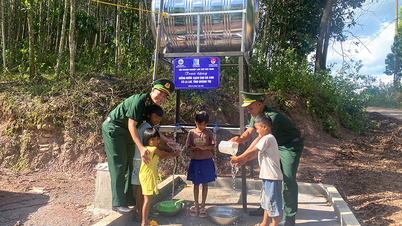




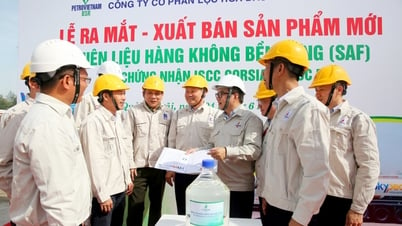





![[Maritime News] More than 80% of global container shipping capacity is in the hands of MSC and major shipping alliances](https://vphoto.vietnam.vn/thumb/402x226/vietnam/resource/IMAGE/2025/7/16/6b4d586c984b4cbf8c5680352b9eaeb0)

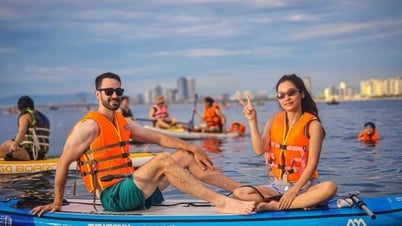


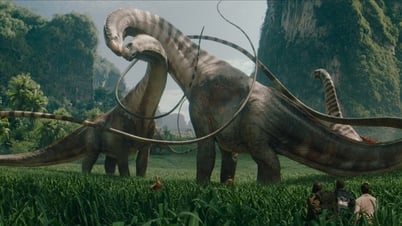

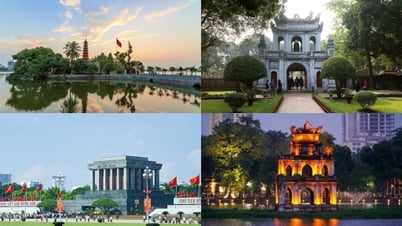

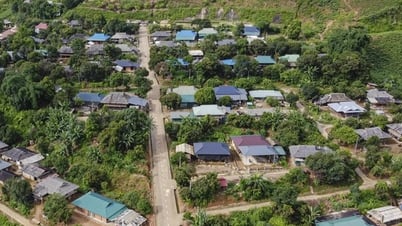

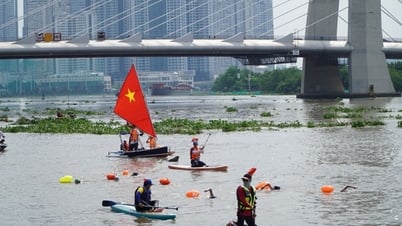
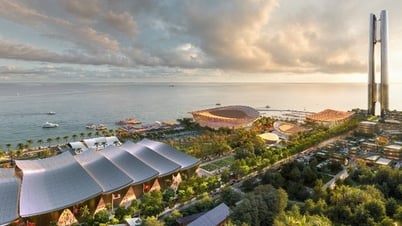
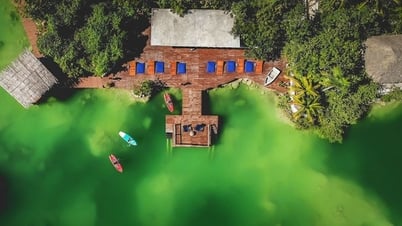
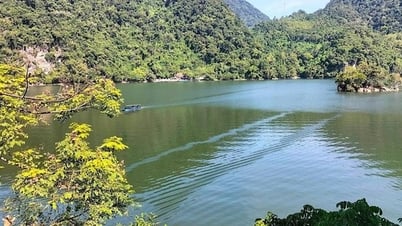
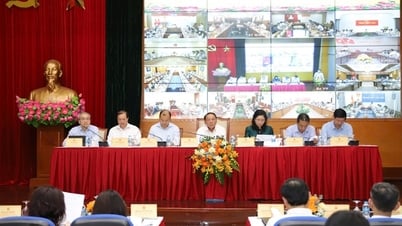























Comment (0)